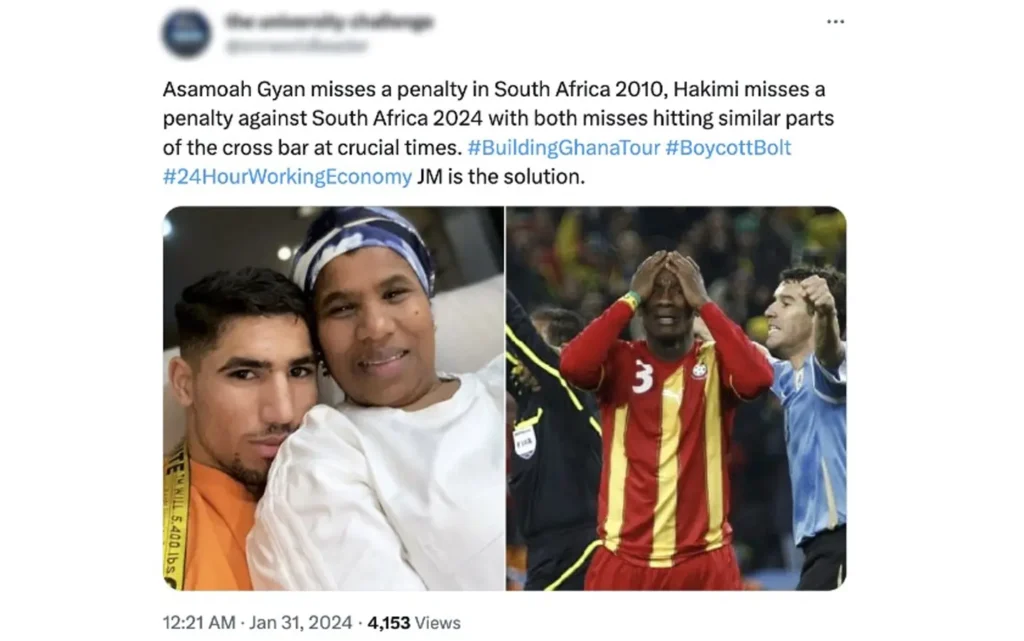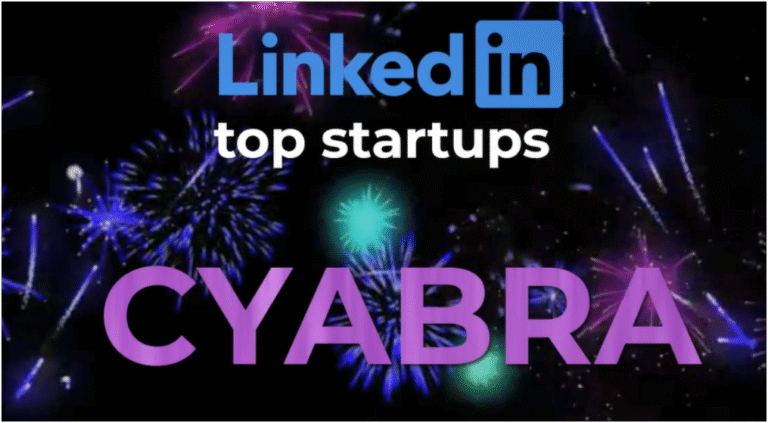First introduced on Twitter (now known as X), hashtags quickly spread across all major social media platforms, becoming a popular tool for users to explore and interact with content that piques their interest.
The power of this simple symbol has extended far beyond merely searching for relevant topics, as hashtags have played critical roles in amplifying social movements such as #BLM and #MeToo, where they helped immensely in raising awareness for these causes.
With time, malicious actors have learned to game the system by exploiting the visibility that popular hashtags receive, injecting themselves into conversations to promote content entirely unrelated to the hashtag’s original purpose – a tactic known as hashtag hijacking.

What is Hashtag Hijacking?
Hashtag hijacking occurs when trending hashtags are used for posting content that’s irrelevant to the hashtag’s topic, often to advertise or promote malicious actors agendas.
Scammers and bad actors have been known to use this tactic to attack brands, promote political causes, or simply boost visibility for their own content by getting it in front of a larger audience.
While the average user may simply view it as spam and scroll past, the impact on brands can be much more severe, especially during a PR crisis. Hijacked hashtags can amplify the issue, drawing unwanted attention to something that might have otherwise faded away much more quickly.
What makes hashtag hijacking particularly challenging for brands is its potential to spread rapidly, and when combined with social media algorithms that promote content with high engagement in a short time span, it can quickly become a recipe for disaster.
Adding insult to injury, this tactic is most often used by fake profiles that are infiltrating the discussion early on, resulting in a social media attack aimed to cause as much damage as possible.
Recent Examples of Hashtag Hijacking
Hashtag hijacking has been on the rise in the past year. With new PR crises occurring almost monthly, it seems like there’s always an opportunity for bad actors to hijack hashtags and exploit them for personal or political gain.
Just a couple of months ago, Tyson Foods found itself at the center of a social media firestorm after announcing the closure of a plant in Iowa and their plan to hire immigrants to replace American workers.
The hashtags #BoycottTyson and #BoycottTysonFoods quickly gained traction, drawing both genuine critics and fake accounts latching on to the discussion.
Soon enough, unrelated messages began popping up using the same hashtag, amplifying negative messages and promoting unrelated content, which escalated the situation and fueled the boycott’s reach.

An example of completely irrelevant content being posted alongside trending hashtags.
Just a month earlier, another instance of hashtag hijacking occurred, this time during Bolt’s PR crisis.
The same pattern unfolded: a PR crisis, with fake profiles amplifying the issue, followed by hijackers latching onto the hashtag, which pushed it to the top of social media feeds.
In this case, the crisis began after a customer in Ghana reported being assaulted by a Bolt driver, which marked the start of a crisis. As the #BoycottBolt hashtag gained momentum, fake profiles saw their opportunity and chimed in on the action.

Even something as unrelated as a missed penalty can be linked to the boycott, as seen here where both incidents involved Ghana.
What You Can Do to Protect Your Brand
While hashtag hijacking isn’t a direct attack on your brand, it can still have a massive impact by further spreading a negative hashtag that would’ve otherwise died down sooner, with the damage escalating when fake profiles get involved.
Cyabra’s platform is capable of detecting and identifying fake profiles, as well as monitoring relevant hashtags, helping you take proactive steps to mitigate the damage and protect your brand’s reputation.
Watch the video summary:


